Results
-
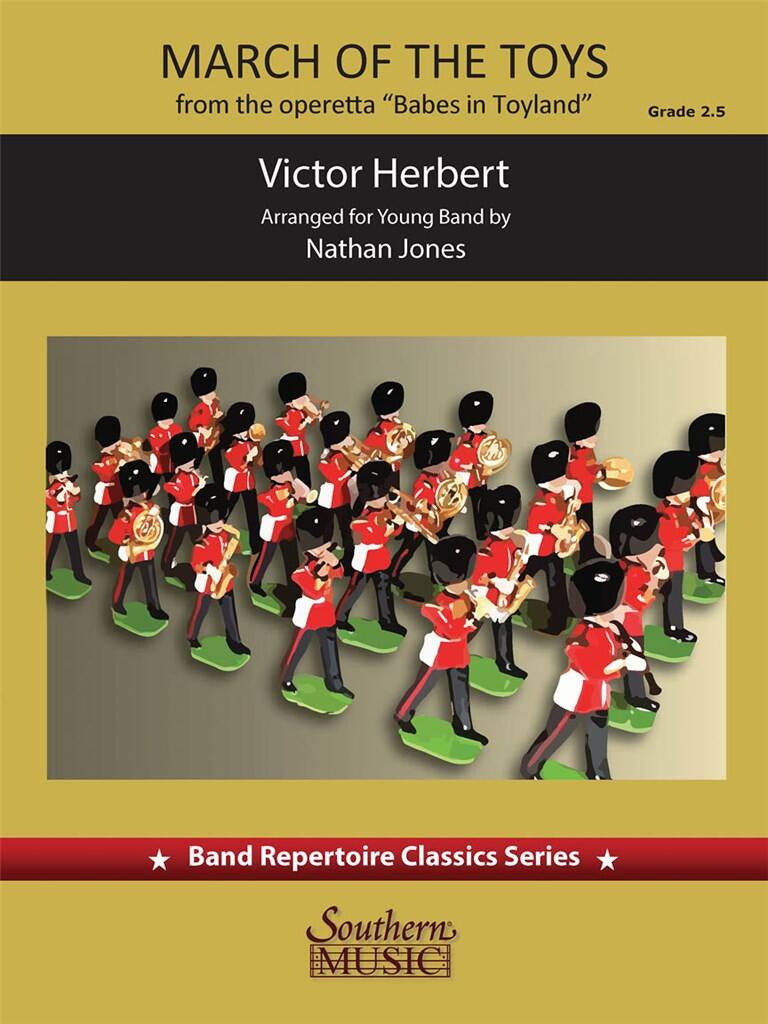 £64.99
£64.99March of the Toys - Victor Herbert
This Victor Herbert classic has been thoughtfully reimagined in this new arrangement for young band by Nathan Jones. Parts have been tailored to better suit the abilities of developing players, considering all aspects ofperformance including range, rhythms, time signature, key, and overall length while keeping the overall feeling and charm of this holiday favorite! (Grade 2.5)
Estimated dispatch 7-14 working days
-
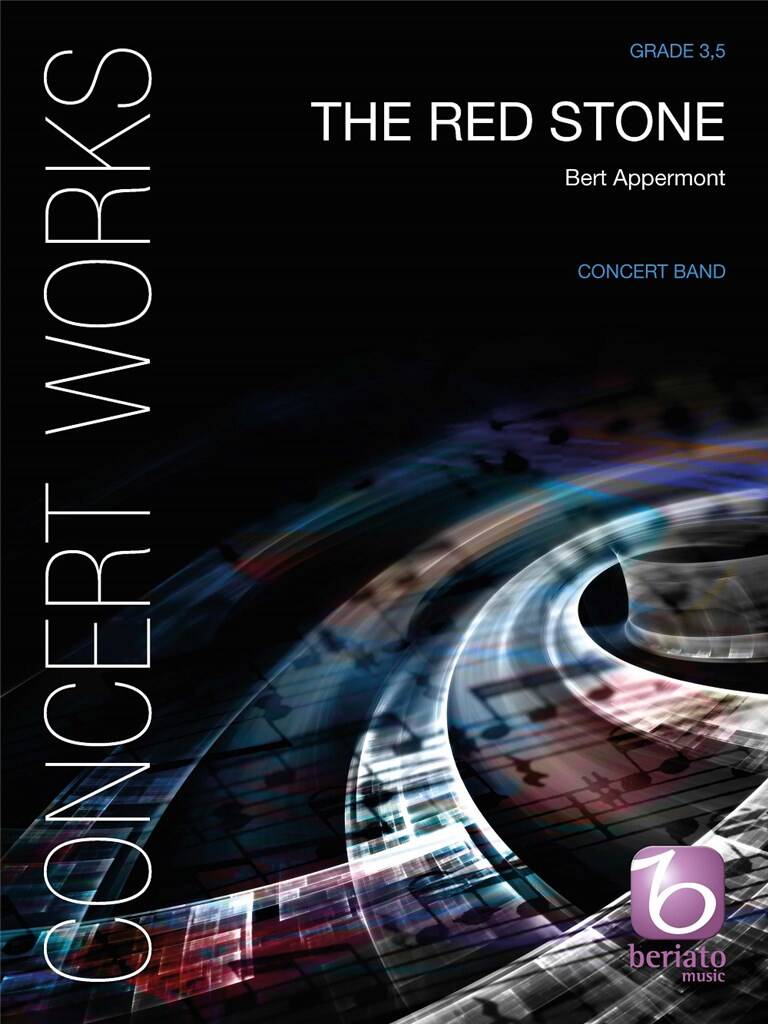 £137.99
£137.99The Red Stone - Bert Appermont
This composition was commissioned by the Musique Municipale d'Ingwiller, for the occasion of their 150th anniversary. The source of inspiration for this work was the municipality of Ingwiller in the French region, Alsace. The title of the work refers to the many buildings there that are made of red sandstone, and to the 'Schlembe', a train connecting Ingwiller with Bouxwiller for sixty years. It consists of 4 movements, all related to the city of Ingwiller and its history. This bright and positive work offers beautiful melodic themes, slow passages perfect for working on intonation and phrasing, as well as pleasant parts for Percussion.
Estimated dispatch 7-14 working days
-
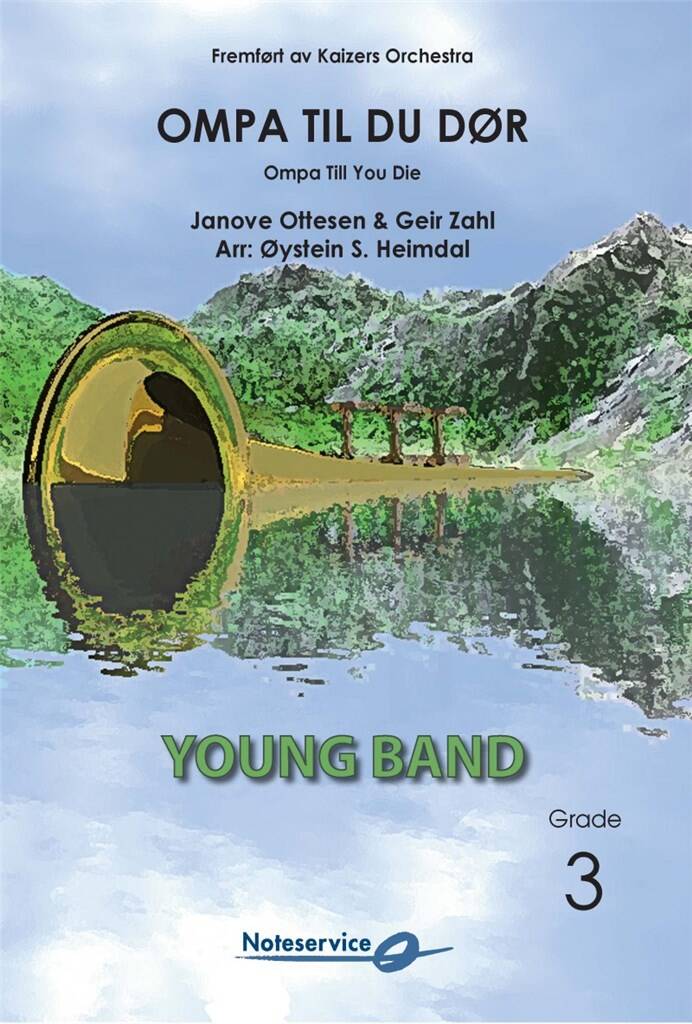 £115.60
£115.60Ompa til du dr - Janove Ottesen
This song is taken from the first record album by Norwegian band Kaizers Orchestra. The song is one of the most well-known from this band. Kaizers Orchestra was famous in Norway for it's energic style, both on record and stage, a style that this arrangement tries to capture. The guitar and electric bass parts are optional.
Estimated dispatch 7-14 working days
-
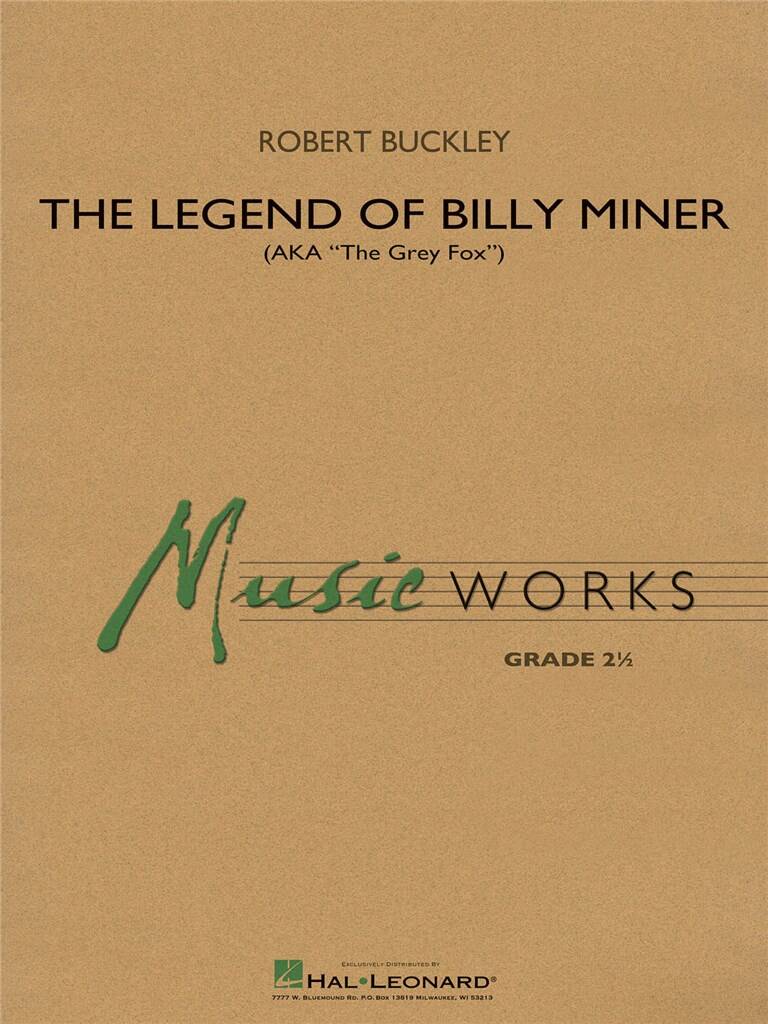 £53.50
£53.50The Legend of Billy Miner - Robert Buckley
This composition reflects a colorful time in American history and is an opportunity for your band to discover ragtime rhythms. Folk hero Billy Miner (the Grey Fox) was the last of the old-time bandits. He was noted for his unusualpoliteness and is believed to be the originator of the phrase, Hands up! This composition is like a mini movie score and starts with the Billy Miner ragtime theme, followed by a train robbery, his capture, and final release. Theartful interplay between sections gives this piece the sophisticated sound and intensity of a much more advanced work. Dur: 3:35
Estimated dispatch 7-14 working days
-
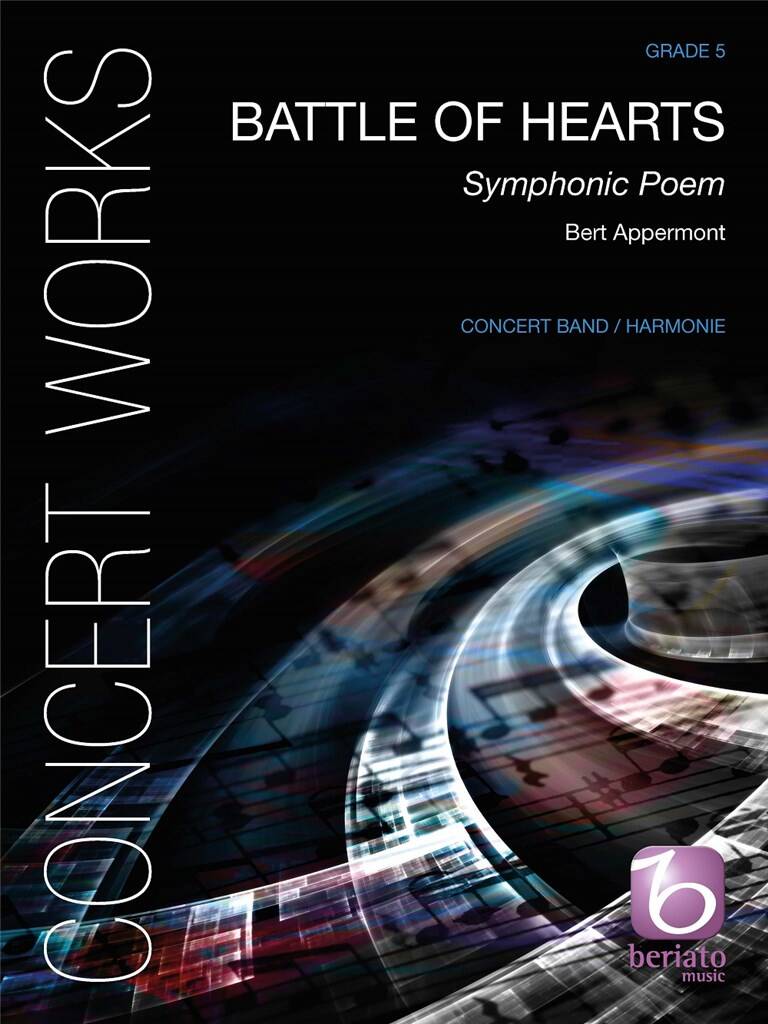 £224.99
£224.99Battle of Hearts - Bert Appermont
The source of inspiration for this work was the play Das Kthchen von Heilbronn (Katie of Heilbronn), which was written by Heinrich von Kleist in 1810. The music evokes the underlying drama, tensions and emotions of the characters involved: "The Blacksmith's Daughter", "Kunigunde", "The Fire" and "The Emperor's Daughter". The title 'Battle of Hearts' refers to the two women from the story (Kthchen and Kunigunde), who both fight to win the heart of Count Von Strahl. This is an impressive, non programmatic but strong thematic work suitable for concerts or contests. This work was commissioned by Blserjugend Kreisverband Heilbronn.
Estimated dispatch 7-14 working days
-
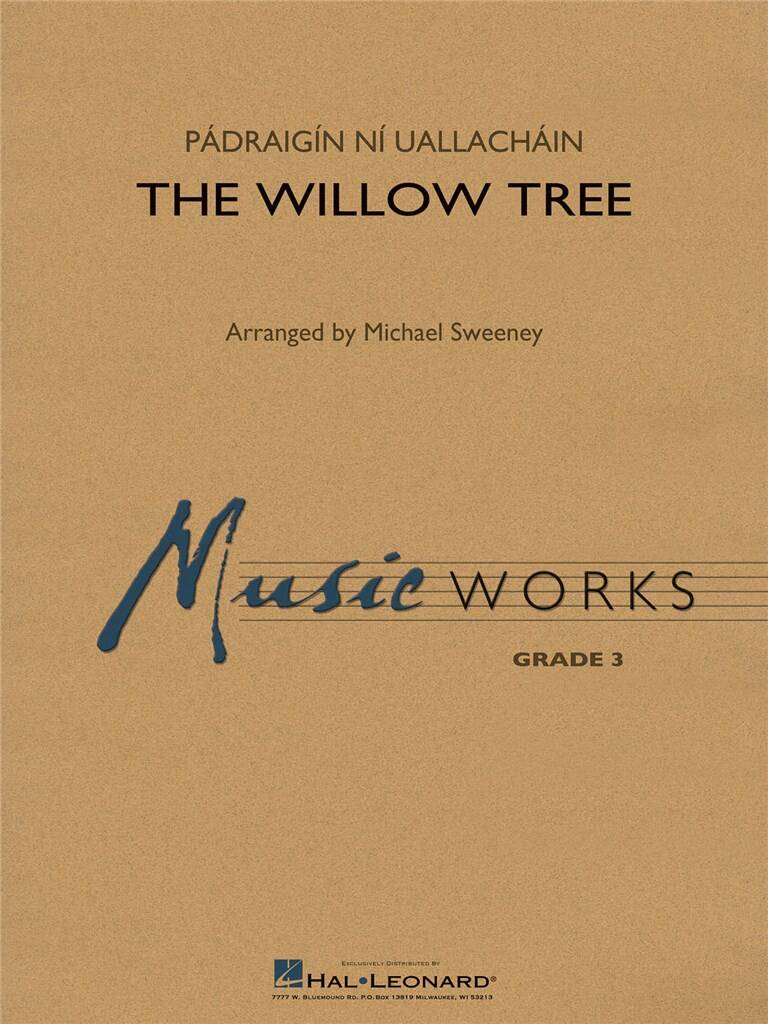 £60.99
£60.99The Willow Tree - Pádraigín Ní Uallacháin
Although this haunting tune has the flavor and sentiment of a traditional Irish folk song, it was composed in 1995 by multifaceted artist Pdraign N Uallachin. Her inspiration for the song was the idea that when we are happy or sad, the elements and the natural world are aligned with our feelings. From the wistful lyrics of the song; Down by the river there's a tall willow tree, who weeps all night for you and me. This evocative setting for band follows this sentiment through peaks and valleys of sound and emotion. Dur: 3:10
Estimated dispatch 7-14 working days
-
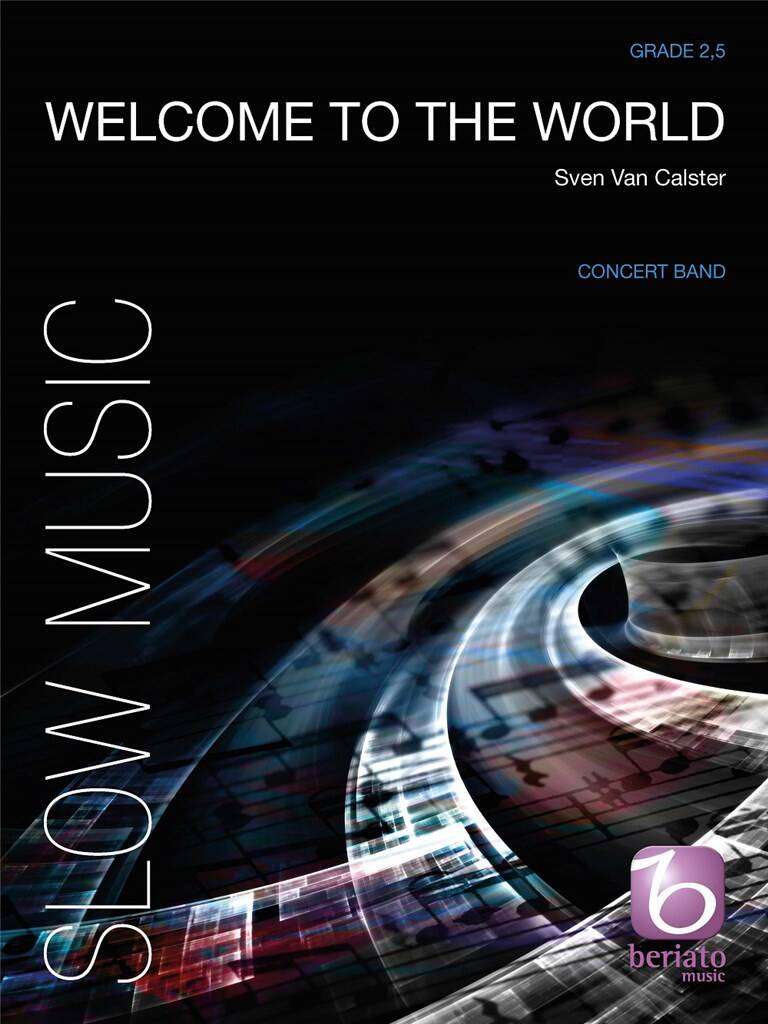 £84.99
£84.99Welcome to the World - Sven Van Calster
This piece was written for two sons of the composer as a welcome to young and innocent lives in to this big world. The concept and instrumentation of the composition allows any young band to play this piece. The optional celesta (keyboard) is a refreshing addition, evoking the sound of an ancient music box, and has a meaningful part as the music box fades out at the end of the piece.
Estimated dispatch 7-14 working days
-
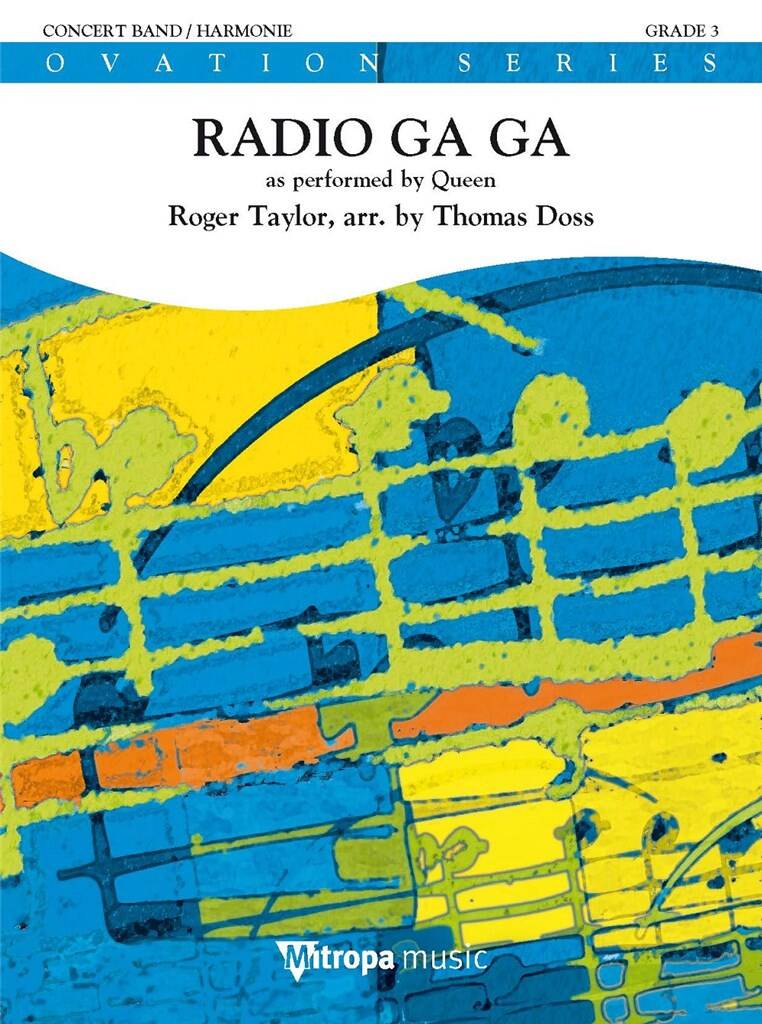 £84.99
£84.99Radio Ga Ga - Roger Taylor
This 1983 hit performed by Queen became a huge success not only because of the universal meaning of the lyrics, but also because of the iconic official video.The Austrian composer and arranger Thomas Doss, also a big fan of Queen's music, made this refreshing grade 3 arrangement. This title will certainly spice up your concert!
Estimated dispatch 7-14 working days
-
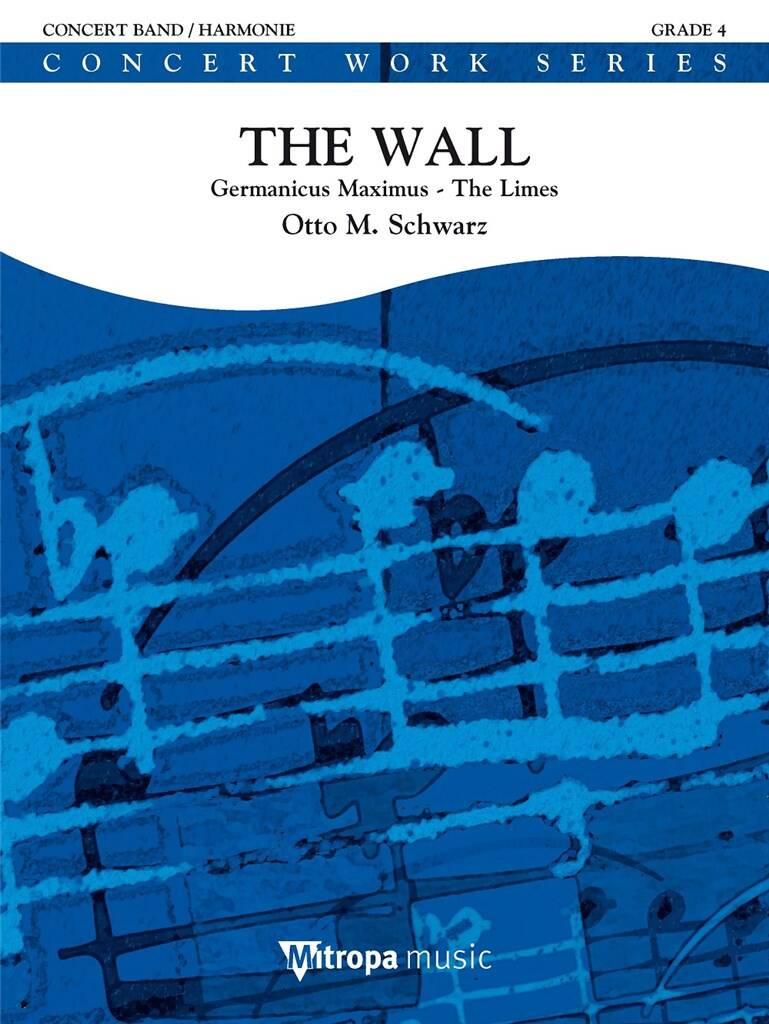 £159.99
£159.99The Wall - Otto M. Schwarz
The walls of Babylon, the Great Wall of China, the limes of the Roman Empire and the Berlin Wall are just a few examples of the walls mankind has built over past centuries. Today, building walls remains an issue, often under the pretext of 'protection' against intruders.This idea inspired Otto M. Schwarz to write a piece about the Roman limes between Germania and Rhaetia. From around 150 to 260 AD the wall faced numerous attacks. This programmatic work describes the events as they happened a long time ago, and addresses hope that these events belong to the past forever. The Wall is a work full of action in all-instrumental groups.This is an impressive piece with strong musical images, perfect for a contest or as an apotheosis in your concert.
Estimated dispatch 7-14 working days
-
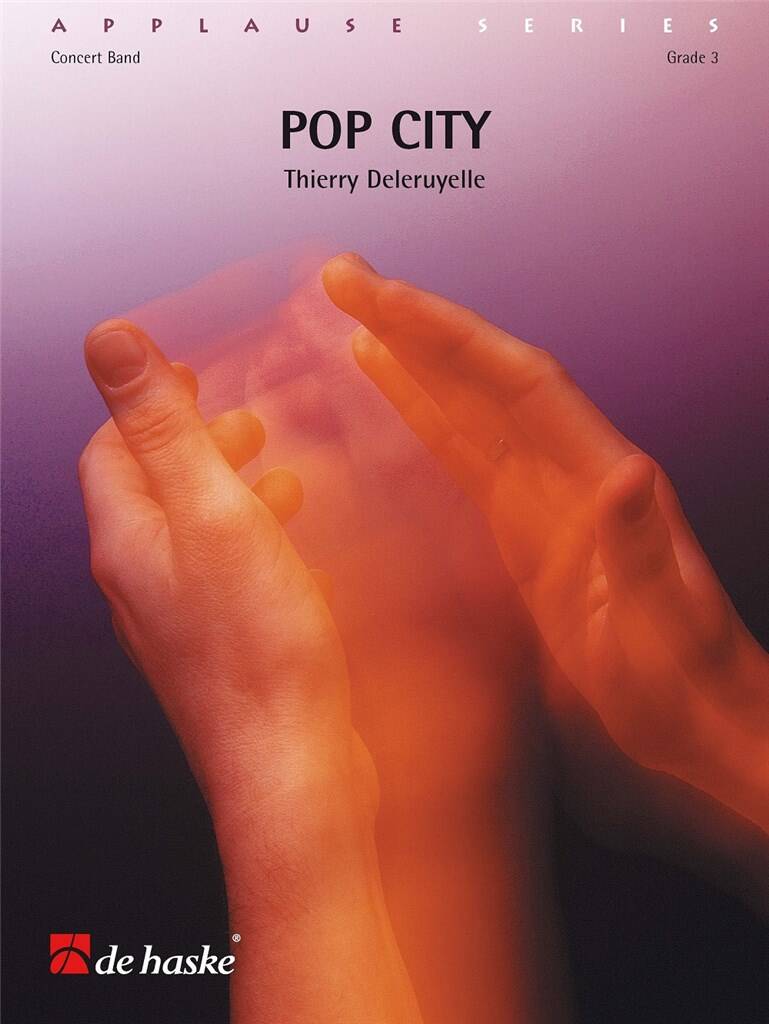 £84.99
£84.99Pop City - Thierry Deleruyelle
Pop City combines pop and funk music, and has been composed in the style of a film or television theme tune. It was commissioned by the municipal wind band of Phalempin (France), and represents the vitality and energy of the city, which proclaims itself "active by nature". You will be swept away by this pop music theme. All of the orchestral sections featured in this festive music will get your groove on and get you up dancing. This is the perfect opener or apotheosis for your performance!
Estimated dispatch 7-14 working days
